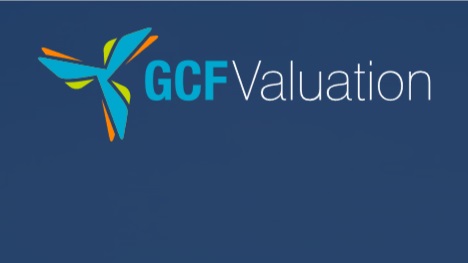Valuing a Business
Do you know what your business is worth? One of the most important steps in selling a business is pricing it correctly. There are several ways to determine what another party would be willing to pay for your business; a formal business valuation is one option. Alternatively, many businesses can be properly priced with a Broker Opinion of Value. A BOV is a broker’s opinion of what a business may sell for, based upon his/her personal analysis, industry expertise, knowledge of local markets and lending, and comparable past sales. While it is not a formal business valuation, an experienced business broker should be able to deliver a BOV and articulate a realistic Most Probable Sales Price (MPSP) range. Ultimately, the right approach will depend on the size and complexity of the business, the type of business, and the intended buyers of the business.
While there are many areas that a business appraiser will evaluate, cash flow and risk are two important factors in appraising a business.
A buyer typically purchases a business for future income. Cash flow can be expressed many ways, typically either as Free Cash Flow, EBIT, EBITDA or Seller’s Discretionary Earnings (SDE). In small business transactions, SDE or EBITDA is the most common basis for establishing a selling price.
Bottom line, the more cash flow there is, the more a buyer will be likely to pay.
All cash flow comes with a degree of risk. Risk may be present in customer concentration, reliance on vendor relationships, macro economic trends, competitive forces, key employees, legal exposures and more. A formal business valuation will include an analysis of the company’s risk and quantify that risk into a percentage known as a Discount Rate or Capitalization Rate.
For a free consultation and business valuation, contact us at Sunbelt Charleston.
CASH IS KING
Small businesses are often valued as an acceptable multiple of cash flow. The problem is determining the real cash flow/SDE and agreeing on an acceptable multiple based on industry, growth stage and other factors. Multiples typically range from 2-4x SDE, with the average over the last fifteen years selling at 2.3 times SDE. Read more about multiples here.
TOP LINE REVENUE
Business financials have typically been prepared by the business owner’s accountant with the primary goal of minimizing taxes, so the bottom line and SDE can sometimes be challenging to determine with accuracy. Revenues on the other hand are easier to verify and can be a great indicator of the health and value of a business. Read more here for valuing a business on gross revenue.
VALUE DRIVERS
There are several other key drivers to determining a business’ value in addition to the financial performance. Location, reputation, competitive industry and growth trends are some of the factors that may affect value determination. Read more about analyzing value drivers in a business here.
FORMAL BUSINESS VALUATION
For most main street businesses, a brokers opinion of value is an accurate representation of the value position of a small business. But in some cases a formal business appraisal is recommended. Our brokers are glad to work with you to determine which level of valuation is best in your situation and needs.
When a formal valuation is advised, we recommend the experts at Gulf Coast Financial



